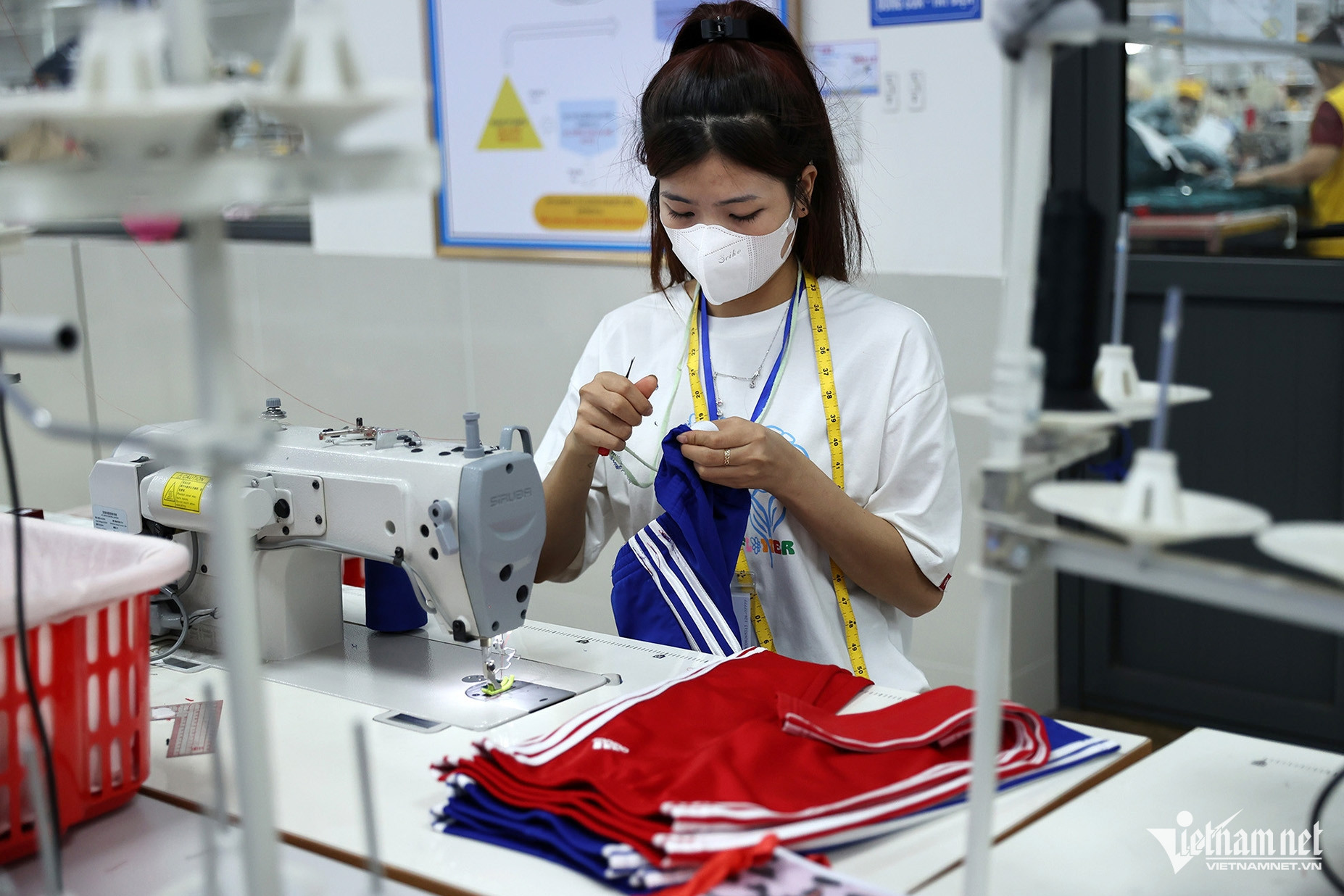
The 2024 Social Insurance Law, expected to take effect on July 1, comprises a chapter regulating supplementary pension insurance to create favorable conditions for employers and employees.
Supplementary pension insurance is a financial fund independent from the state budget, managed through accounting, financial reporting, and auditing in accordance with accounting and auditing laws. Contributions to the Supplementary Pension Insurance Fund are managed under individual pension accounts.
The fund is used to pay supplementary pension benefits to workers, as well as to cover organizational and management costs.
The supplementary pension payment is determined based on the balance of the individual pension account at the time of payment, accumulated through the investment activities of the Supplementary Pension Insurance Fund following market principles.
The state encourages the development of supplementary pension insurance through incentive policies as stipulated by tax laws. At the same time, the state refines laws and policies on supplementary pension insurance, implementing professional, modern, and transparent supplementary health insurance policies.
The state facilitates employers and workers by offering additional options to contribute and enjoy higher pensions.
Participants in supplementary pension insurance can receive a lump-sum payment.
Former Deputy Minister of Labor, Invalids, and Social Affairs (now the Ministry of Home Affairs) Pham Minh Huan stated that supplementary pension insurance is managed entirely differently from Vietnam Social Security. It operates as a fund management company entrusted with investments, ensuring that participants' contributions are safe and yield higher returns to safeguard workers' rights.
Currently, the maximum mandatory and voluntary social insurance contribution does not exceed 20 times the base salary. With the base salary adjusted from VND1.8 million to VND2.34 million, from July 1 onwards, the maximum social insurance contribution will be VND46.8 million.
Therefore, those who wish to contribute more to receive a higher pension can opt for voluntary supplementary pension insurance.
Government Decree No 88 on the voluntary supplementary pension program stipulates that the payment amount from an individual pension account depends on the account's value; the payment plan is specified in the fund participation contract and the agreement between the worker and employer.
Participants can choose to receive payments from their individual pension accounts either monthly or as a lump sum. The state encourages monthly payments.
Participants reaching retirement age can receive monthly payments for a minimum period of 10 years. The monthly payment amount is chosen by the recipient but must not exceed the total value of the individual pension account at the time of retirement divided by 120 months.
After 10 years, participants can opt for a lump-sum payment.
The Ministry of Finance (MOF) is tasked with developing and submitting policies and laws on supplementary pension insurance to competent authorities for issuance; guiding and directing the implementation of these policies and laws.
MOF also monitors, evaluates, inspects, and checks the implementation of supplementary pension insurance; handles legal violations and resolves related complaints and denunciations; and conducts statistical and informational work on supplementary pension insurance.
Multi-tiered pension system
Vietnam entered the aging population process in 2011, with the proportion of people aged 60 and above reaching 10.1 percent and those aged 65 and above at 7.2 percent.
Notably, the number of elderly without pensions or old-age allowances remains high, posing significant challenges to ensuring social security.
Moreover, most workers upon retirement receive low pensions, struggling to meet basic living needs. Therefore, building a multi-tiered pension system is a development that countries worldwide have been pursuing.
In addition to mandatory and voluntary social insurance pension schemes, many countries have established supplementary pension systems. The policy helps workers enjoy higher pensions in old age.
Additionally, over time, social policies, especially social insurance policies, have been gradually amended and supplemented to align with the aging population trend. Particular attention has been paid to the elderly, encouraging self-saving and participation in pension funds to provide workers with additional income beyond the mandatory social insurance pension upon retirement.
According to the 2024 Social Insurance Law, from July 1, employees will receive a pension if they paid social insurance contributions for at least 15 years, instead of 20 years as currently applied.
The Social Insurance Law 2024 creates opportunities for late participants or those who participate intermittently to have the opportunity to receive a monthly pension instead of having to receive social insurance in a lump sum. This regulation on the minimum number of years of payment does not apply to pensioners with reduced working capacity.
Vu Diep